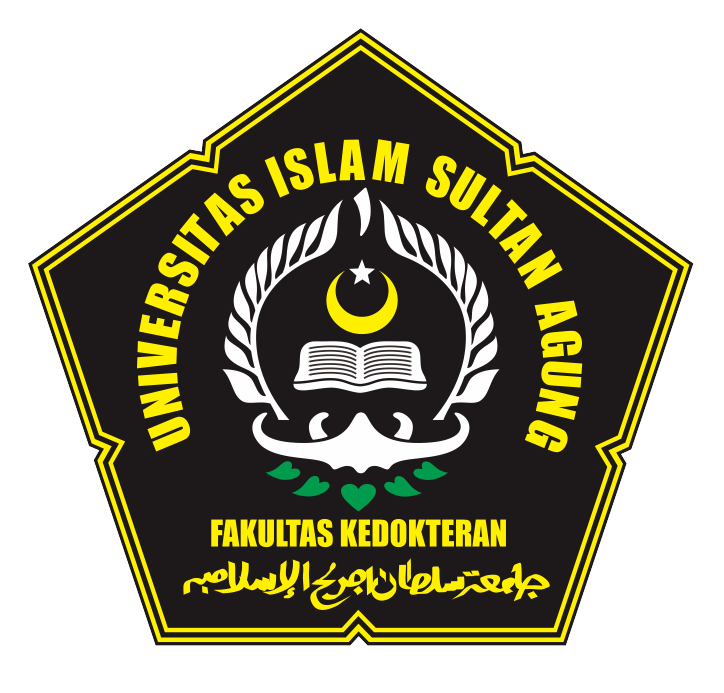Adolescent drug misuse self-efficacy pertains to an individual's ideas regarding their capacity and potential to conquer drug addiction and prevent relapse. The objective of the study was to examine the self-efficacy of male adolescent convicts at Child Development Institute (LPKA) Palembang City in their ability to cease drug use. This study employed a quantitative methodology utilizing a cross-sectional research design. The sample comprised 111 adolescents aged 15-24 who engaged in drug addiction at (LPKA) Palembang City. The independent variables include age, education, knowledge, emotional state, and social modeling, whereas the dependent variable is self-efficacy. The analysis employed univariate, bivariate, and multivariate methods. The findings indicate that 45.9% of the respondents had high self-efficacy, while 54.1% had low self-efficacy. Additionally, there is a significant correlation between the age of the respondents (p=0.004, PR=3.360, 95% CI (1.523-7.413)), their knowledge (p=0.000, PR=8.017, 95%CI (2.976-21.597)), emotional state (p=0.004, PR=3.334, 95%CI (1.515-7.339)), and social modeling (p=0.011, PR =3.333, 95% CI (1.377-8.070)) with their self-efficacy. However, the education level variable (p=0.700, PR=0.790) showed no correlation with self-efficacy. Knowledge emerged as the primary factor influencing self-efficacy (p=0.000, PR=7.153, 95% CI (2.375-21.549)) after accounting for age, social modelling and emotional state. The formation of self-efficacy to cease drug abuse is influenced by a deep understanding of the perils associated with drugs Intensive education from health workers together with LPKA administrators is needed to improve the self-efficacy of adolescent boys who abuse drugs so that they can stop using drugs.


